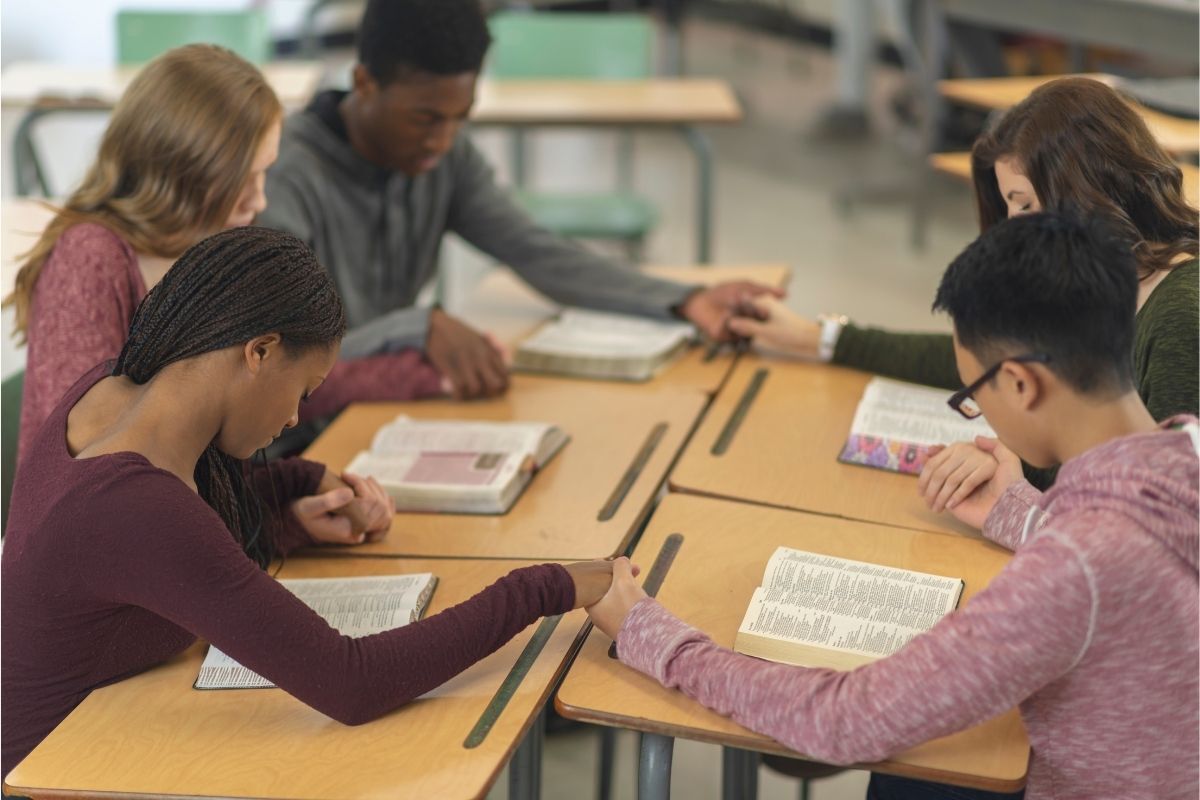

educational system, so it can be challenging to identify where educational law ends and constitutional rights begin. Educational lawyers are well versed in both of these legal areas and will be able to answer: what are the different types of educational law?
Educational law governs the statutes, cases, and policies that regulate educational institutions, balancing them with constitutional rights promised to all individuals in the U.S. Issues educational law addresses range from daily operations like school lunch programs, to funding issues like property tax challenges, to student discipline and teacher contracts, or to regulations protecting equal access to education.
Because educational law impacts so many parties, educational lawyers can represent a wide variety of clients. Depending on the issue at play, lawyers may work for local districts, nonprofit or advocacy groups, or families. While they may not be licensed attorneys, educational administrators at the national, state, and even district level often need to be well-versed in educational law as they engage in day-to-day operations while abiding by the laws established in their particular context.
It is worth noting that all American public education systems fall under the U.S. Department of Education. However, education systems are managed at the state level, so laws can vary among states. Therefore, it is important for an education attorney to be licensed in the state they are practicing in and well versed in the laws of that particular education system.
Educational law can involve a wide variety of issues impacting a wide variety of interests. Here, we’ll break down different types of laws within educational law:
All children are required to attend school for a determined amount of time. These regulations are upheld by compulsory education laws, and they can vary by state. Families can choose public education, private education, or homeschooling, and educational laws set standards for all of these environments to protect a child’s right to receive an education.
Special needs may require that some students receive special accommodations at school, and educational laws exist to make sure that students get the assistance that they need. How a student qualifies for special accommodations, what accommodations are given, how those accommodations are monitored and tracked, and how accommodations are funded are all factors that are discussed when navigating special education law. Educational systems follow processes laid out by the Individuals with Disabilities Act to evaluate students and customize programs to meet their needs.

navigate student rights in the school context. Often this includes a focus on freedom of speech and religion or prayer in schools.
Student drug testing policies are also needing more focus as schools establish drug testing policies in the wake of the 1995 U.S. Supreme Court decision to uphold suspicionless drug testing in public schools. Each situation and context is unique to the student and school, so students, families, and schools rely on educational lawyers to help them navigate the statutes and precedents related to each incident.
The majority of student conduct issues are handled by the school administration as they uphold the Student Codes Conduct established at each individual school. Student Codes of Conduct often include policies on dress code, technology use, school behavioral expectations, and minor disciplinary issues.
Schools will discipline students and deal with these issues as they arise, but sometimes, there can be issues more serious in nature that require input from legal authorities like the police. Theft, vandalism, drug possession, and other more serious offenses may require that students become involved with the law, in which case educational law could come into play.
Educational law helps to establish funding sources for schools and guide how they develop curricula, which maintains standards for student learning. Schools receive a small portion of federal funding, but the majority of school funding comes from the state, mostly from taxes. Educational law can help to navigate issues with funding and help schools understand their funding sources or how to allocate funding.
To monitor student learning, schools establish and follow educational standards for learning. Educational standards can be set nationally, at the state level, at the district level, or even as locally as each individual school. This, too, varies by state and by the school. Funding can sometimes be tied to these educational standards with programs like the No Child Left Behind Act of 2001 which provided financial incentives to schools that improved the performance of “economically disadvantaged” students.
Understanding and navigating programs like these, their legality, how they tie into funding, and how standards impact access to education can all be areas of focus in educational law.
Several notable court cases have further protected students’ rights to access an education. Perhaps the most well-known educational law case dealing with discrimination is the 1954 Brown v. Board of Education case that ruled segregation in schools unconstitutional. The Equal Education Opportunities Act of 1974 ensured that individuals are not denied equal opportunities to education based on race, color, sex, or national origin. Precedents like these and other educational statutes help to protect these rights for students and give schools support in protecting these rights.
Language can often be a barrier in a student receiving equal access to education, so laws around bilingual education and support for non-English speakers also help to support educators and students in preserving the right to access an education.
Laws about how to handle sexual discrimination in schools are also something educational law can touch on. From defining sexual harassment to how to handle it in a school setting, educational laws provide resources and tools for students, teachers, and schools to protect everyone involved in this environment.

Does Educational Law Extend to Colleges as Well?
Many issues that K-12 schools deal with are also issues that colleges deal with such as funding, preserving rights of students and teachers, and providing equal access to education. But there are some added unique issues, like issues involving student-athletes, that can require additional attention from educational lawyers.
Many of these issues are also regulated by organizations like the NCAA, but educational law can also be involved to make sure that the rights of students are protected. As with younger students, certain unique circumstances may require the involvement of lawyers as schools, states, and students navigate these situations and determine the best course of action.
The good news is, there are many resources available to help people understand the laws and precedents that govern educational laws. Knowing and understanding the laws and regulations can be important for people that work in this context, but if you find yourself involved in a situation that requires to you navigate these laws and protect your interests, it may be time to involve an educational lawyer to better guide you through the best course of action in that situation.
Laura Bengs (she/her/hers) is a midwest-based freelance journalist and copywriter covering parenting, food and beverage, education, entertainment, and health/wellness. Her work has appeared in Milwaukee Magazine, Sing at Home Mom, and OnStageBlog. laurabengs.com